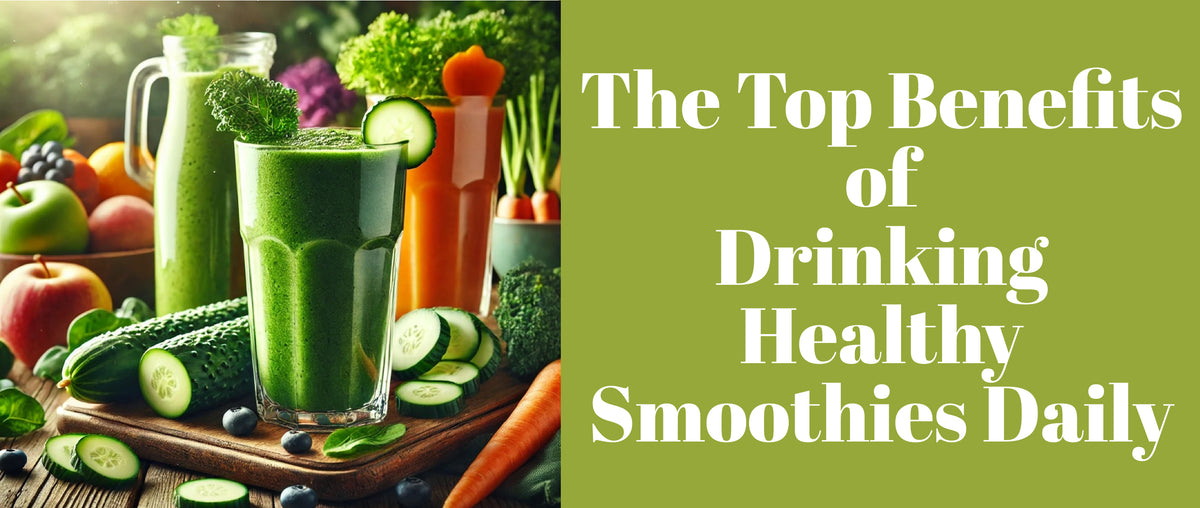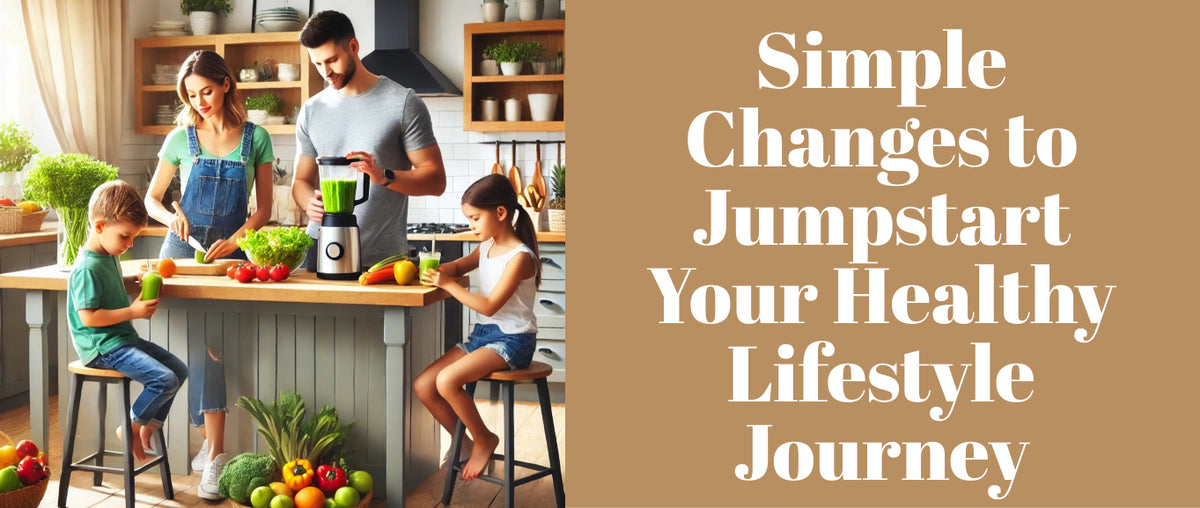Healthy Relationships
In today’s fast-paced and often overwhelming world, it can be challenging to maintain healthy relationships. Whether you're dealing with personal relationships, friendships, or workplace dynamics, toxic influences are everywhere. With the constant pressures of modern life, many people struggle to build and nurture relationships that foster growth, happiness, and peace.
Recognizing Toxic Relationships and Their Impact
Toxic relationships can drain your energy, lower self-esteem, and harm your overall well-being. A healthy relationship should enhance your life, not deplete it. It’s important to recognize when you're involved in a toxic relationship so that you can take steps toward healing and setting healthy boundaries.
Signs of a Toxic Relationship
- Constant criticism or belittling.
- Lack of communication or manipulative behaviors.
- Emotional, mental, or physical abuse.
- A one-sided dynamic where only one person’s needs are met.
Effects of Toxic Relationships on Mental Health
- Increased anxiety, stress, or depression.
- Lower self-worth and confidence.
- Feeling drained and overwhelmed.
- Difficulty trusting others or forming new relationships.

The Importance of Setting Boundaries
One of the most powerful tools in dealing with toxic relationships is establishing clear boundaries. Boundaries help protect your emotional and mental well-being. If you're unable to establish healthy boundaries, a toxic relationship can continue to impact your life negatively.
| Toxic Relationship Signs | Mental Health Impact |
|---|---|
| Manipulation | Anxiety and depression |
| Constant Criticism | Low self-esteem |
| Lack of Boundaries | Emotional exhaustion |
Building Healthy Relationships: Communication is Key
Healthy relationships are built on a foundation of communication, trust, and mutual respect. Whether in personal life or the workplace, it's essential to establish an open dialogue and ensure both parties feel valued. Understanding each other’s emotional needs and being there to offer support is the cornerstone of any strong relationship.
Key Elements of Healthy Relationships
- Honesty and Transparency: Clear communication without hidden agendas.
- Respect: Mutual appreciation for one another’s boundaries and differences.
- Empathy: Being emotionally present and understanding the other person’s perspective.
Communication Tips for Healthier Relationships
- Active Listening: Fully engage in conversations, listen without interrupting.
- Expressing Gratitude: Show appreciation for the other person's presence and actions.
- Resolving Conflicts Peacefully: Discuss issues with the intent to resolve, not argue.
Incorporating healthier lifestyle choices into your relationships can also foster harmony. For example, adopting a plant based diet and using Vegan products, like Vegan Cheese or vegan butter, can reflect a shared commitment to both health and sustainability.
Self-Care: The Foundation for Building Healthy Relationships
Self-care plays a crucial role in building and maintaining healthy relationships. Taking care of your own emotional, physical, and mental well-being ensures you have the capacity to foster positive connections with others. It’s difficult to build a healthy relationship when you’re not nurturing yourself first.
Practicing Emotional Self-Care
Emotional self-care means identifying your feelings and understanding how they affect your actions and decisions. This involves:
- Journaling to express emotions.
- Meditation and mindfulness to reduce stress.
- Seeking therapy or counseling when necessary.
By prioritizing your mental health, you’re better equipped to handle external stressors, including toxic relationships. One way to support emotional self-care is to adopt healthy lifestyle habits, such as switching to vegan products that are both better for the environment and your body.
For example, replacing traditional cheese with vegan cheese or trying plant based cheese alternatives can reduce cholesterol, improve heart health, and leave you feeling more energetic. These positive lifestyle changes reflect a broader commitment to self-care and wellness.
Physical Self-Care and Its Importance
Physical well-being is deeply connected to how you relate to others. Exercising regularly, eating a balanced diet, and getting enough sleep are key factors in maintaining a healthy mind and body. Here are a few tips:
- Balanced Diet: Incorporate more plant based foods into your diet.
- Exercise: Engage in daily physical activity, whether it's walking, yoga, or strength training.
- Rest: Prioritize 7-8 hours of sleep each night.
Opting for healthier food options, such as fat-free butter, unsalted butter, or Cashew Butter, instead of processed and unhealthy fats can boost your energy levels and improve your overall well-being.
| Self-Care Practice | Benefit |
|---|---|
| Journaling | Emotional clarity and stress relief |
| Meditation | Reduces anxiety, enhances mindfulness |
| Switching to vegan products | Improved health, energy levels, and clarity |
| Cashew butter and garlic butter | Healthier alternatives to regular butter |
Setting Healthy Boundaries in Relationships
Boundaries are vital for fostering respect and maintaining a balance between your needs and those of others. Whether you’re setting boundaries in personal relationships, friendships, or professional environments, healthy limits protect you from emotional harm.
Why Boundaries Are Important
Healthy boundaries ensure:
- You can prioritize your own needs without feeling guilty.
- You limit your exposure to toxic people or negative behaviors.
- You foster relationships based on mutual respect and trust.
How to Set Boundaries in Toxic Relationships
It’s often difficult to establish boundaries when you’re in a toxic relationship. You might feel pressured to compromise your values or put up with behaviors that harm your mental health. Here’s how to begin setting those boundaries:
- Be Clear and Direct: Communicate your boundaries openly and calmly.
- Stay Consistent: Don’t waver on your boundaries, even when faced with opposition.
- Use “I” Statements: Focus on your feelings rather than blaming the other person (e.g., “I feel hurt when…”).
Understanding Toxic Behaviors and How to Distance Yourself
At times, despite your best efforts, some relationships may simply remain toxic. In these situations, it’s crucial to recognize when it’s time to walk away. A relationship where you feel manipulated, undermined, or constantly anxious is not sustainable.
Common Toxic Behaviors
- Gaslighting: Making you question your reality or feelings.
- Passive Aggression: Subtle, indirect hostility that erodes trust.
- Constant Negativity: Bringing you down with chronic pessimism or criticism.
In toxic relationships, finding the strength to distance yourself is critical. Your mental health should always come first.
How to Exit a Toxic Relationship Gracefully
- Communicate Your Decision: Be clear, firm, and respectful.
- Seek Support: Lean on friends, family, or a therapist for emotional support.
- Stay Committed to Your Boundaries: Once you’ve ended the relationship, avoid falling back into old patterns.
During this transition, nurturing your own health by incorporating healthy alternatives such as mozzarella cheese block, vegan cheese, or even buying mozzarella cheese online for your meals can bring balance to both your diet and lifestyle. These small lifestyle shifts can symbolize a bigger change toward valuing yourself and your well-being.

Rebuilding Healthy Relationships Through Mindful Living
Once you’ve distanced yourself from toxic influences, the next step is to rebuild or strengthen the healthy relationships in your life. Mindful living can enhance your relationships by making you more present, empathetic, and connected to others.
Practices for Strengthening Relationships
- Mindful Communication: Listen actively and respond thoughtfully.
- Expressing Gratitude: Show appreciation for the small things.
- Engaging in Shared Activities: Bond over activities that you both enjoy, such as cooking a healthy meal together using best mozzarella cheese for pizza or preparing a vegan dish with plant based cheese.
Conclusion: Building Resilience in a Toxic World
In a world full of toxic influences, building and maintaining healthy relationships is more important than ever. Through self-care, boundary-setting, and mindful communication, you can foster connections that enrich your life rather than drain it. Incorporating healthier lifestyle choices, such as adopting Vegan products like vegan cheese or exploring alternatives like fat free cheese, can be a symbolic and practical step towards nurturing both yourself and your relationships.
Always remember that relationships should enhance your life and align with your values—whether it’s your diet, lifestyle, or emotional well-being. Focus on your own growth, and healthy relationships will naturally follow.
Do you enjoy vegan food? We have a list of vegan restaurants in India to help you find delicious options in your area!










